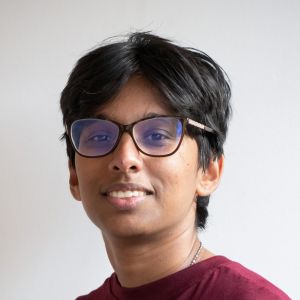Citizen participation in governance is widely accepted as an expression of citizen rights and a manifestation of citizen agency. Citizen engagement with institutions and policy processes gives shape and content to the meaning of citizenship by emphasising direct intervention of citizens in public activities; it places obligation on both citizens and state, helps to ground the abstract relationship of citizenship within the consciousness of people, and reduces the often vast distance between the state and its citizens (Commonwealth Foundation and CIVICUS 1999).
Citizen participation also produces tangible benefits by meeting the concern not only for citizen “voice”, but also for citizen agency and influence (Cornwall and Gaventa 2001). Where it takes the shape of collective action, it may also be seen as a mechanism to claim rights based on equal and full citizenship of the modern state, replacing traditional claims based on ‘norms, charity, benevolence, or patronage’ (Kabeer 2002: 20). One area where citizen participation in the development policy process has featured very prominently is health. This article explores people’s perceptions about participation for claiming the right to health in rural Bangladesh, and the reality of experiences of participation in newly opened spaces for participation within the state health care delivery system, known as “community groups” (CGs). This article presents preliminary findings from research into the CGs that sought to explore the enabling and disabling factors for citizen participation in these intermediary spaces for citizen participation in governance.
Related Content
This article comes from the IDS Bulletin 35.2 (2004) Citizen Participation in the Health Sector in Rural Bangladesh: Perceptions and Reality

